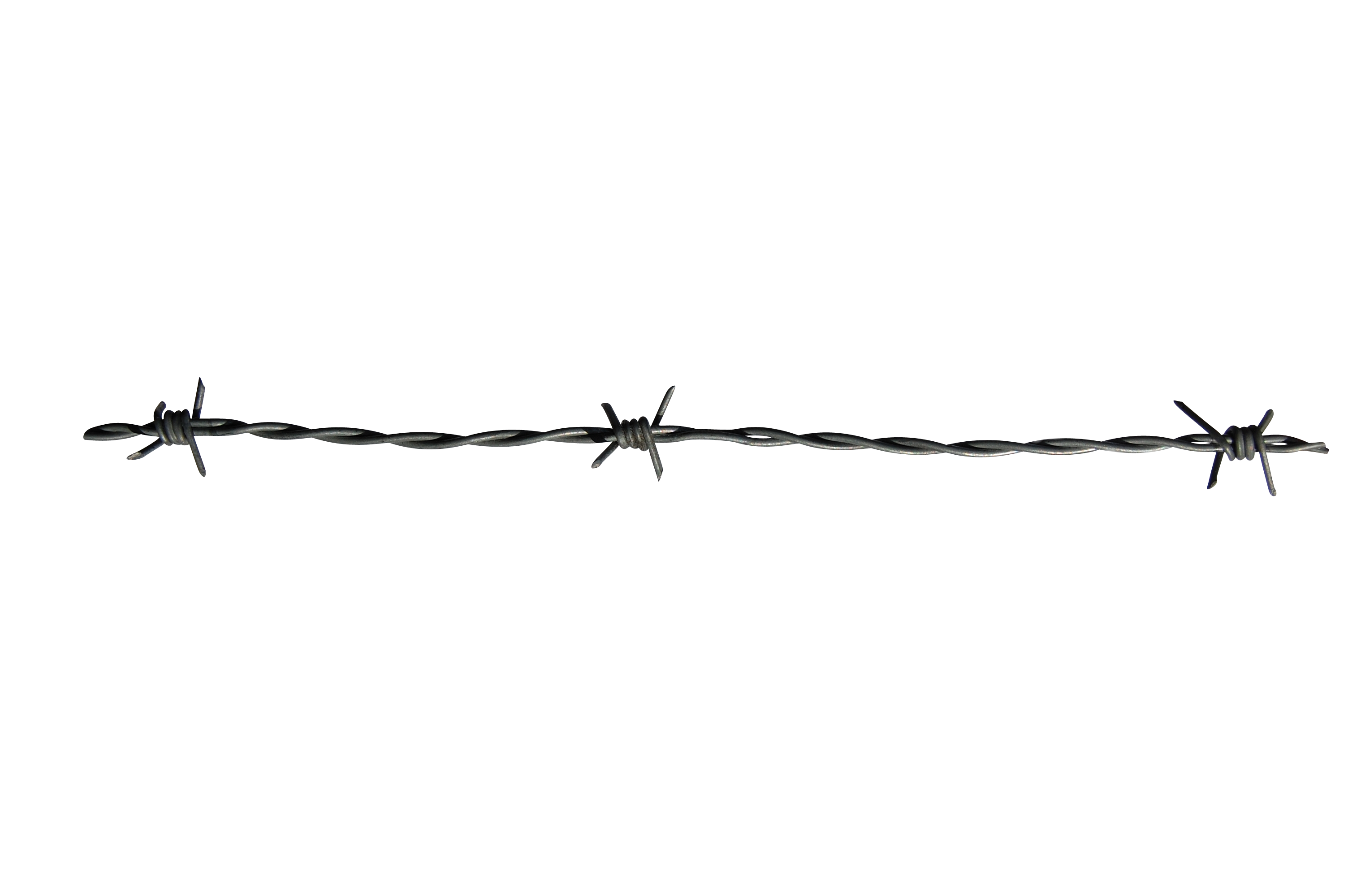 A Peek Inside My Psychology Notes
A Peek Inside My Psychology Notes 

So I should begin by saying I have a lovely professor. She has a PhD, is a therapist, and super intriguing. Obviously without her I wouldn't have these notes. So I basically have alot of bullet points that I take down during class. Ususally by a heading with bullets and fun shit like that so I'll elaborate those into sentencces when needed.
So, the first htings we talked about were fear vs anxiety. Basically, fear is normal. Fear is a response to something that seems dangerous. Of course you're afraid of something, for example, the dark. Now anxiety developes when we have a fear that becomes too much. It's not enhancing your survival, and it could just be an inappropriate amount of fear. Overestimating the threat and underestimating your ability to overcome that threat leads to an anxiety. And a step after that, something probably worse than anxiety is apathy, where you're indifferent to something, you wallow in it and don't care that it's around. Personally it feels like just getitng used to it, reaching my breaking point and not caring. It's extremely hard to get back from. I have two quotes written down; "Anxiety is adaptive, apathy isn't." and "What you resists, persists. What you can feel, you can heal." Aka feeling that problem and the pain is nescessary.
She also talked a bit about PTSD, which oops, am guilty of having. She had us do the ACE survey and it pretty much tallies up the, I think top 10 risk factors to different traumatic childhood experiences that can heighten risks for health problems, physcially and mentally, later on in life. (the cdc.gov site has alot of cool shit on this survey) Only around 11% of surveyers have a score of 5 or more, which I did. And the more you have, the hgiher your mortality rate. 4 or more is associated with health problems like suicide, depression, alcohol use, heart/liver diseases, cancer, STDs, etc. These experiences are often traumatic, in fact 50-60% of people experience trauma, but only 7-8% of people are diagnosed with PTSD.
And then we learned about happiness! Happiness, FIRST OF ALL, is relative, and it can be learned. There's many beenfits to being happy. You're more productive, make more money,have more friends and ahve better support and resiliance. They're also less likely to have bad health like diseases, and colds and sicknesses. They're rated higher by superiors, and are more creative. But it's not easy to be happy. And that's just the science of it. First off, you can be born with a set point for your happiness, genetically. So you may be very easy to make happy, or you could find it very hard to reach that point of happiness like ind epression. We also adapt to the feeling of happiness. Think of it as a tolerance to a drug and the drug is happiness. We adapt and things that once made us happy, we're used to, abd we're off to find it again. That first time you got an A will be a happier time than the 50th time you get an A. No matter what we want, new clothes or a scholarship or that job, we will adapt and get used to it. Buuuuuuuut, here's the catch, our happiness is 50% up to biology, 10% up to cirmstances (events out of your control like car accidents, deaths, etc), and 40% up to what you choose to do and your intentional activity. Which is like insane to think about because coming from someone with severe depression in recovery, I know ways to make myself happier, it just takes ALOT of time and really hard work to get to the point I am. Thats my little dont give up advice for the day. Luckily there's some quick and dirty things you can do to increase your happiness healthily. And these are studied and shit. So there's expressing gratitiude and aprpeciaiton, meditation (my favorite), exercise (not my favorite), learning to forgive (easier said than done but I believe in ya), acts of kindness, and savoring and investing into life. The secret antidote to not being stuck, is finding some type of meaning in life.
And to be fair that's all I got for yall today :)

